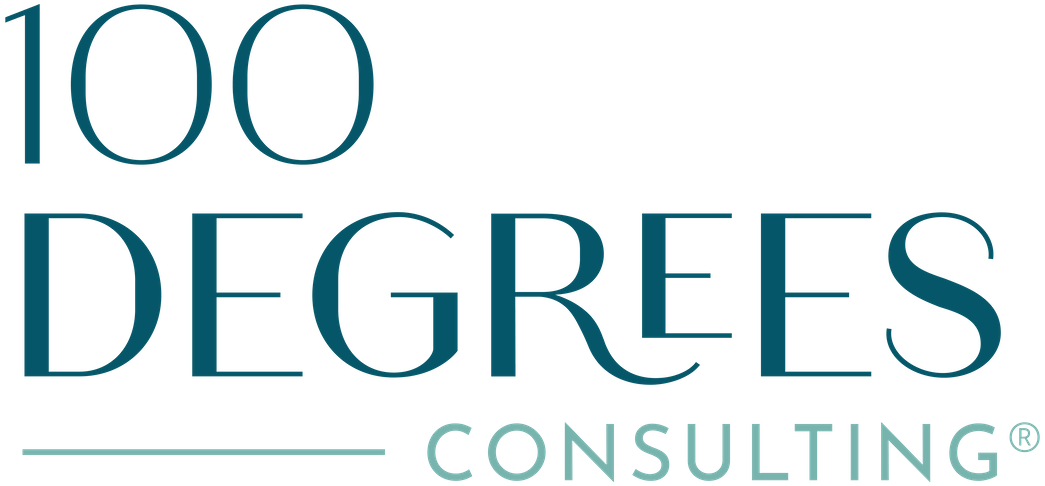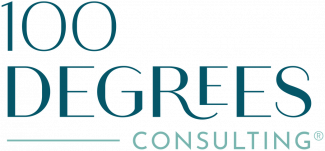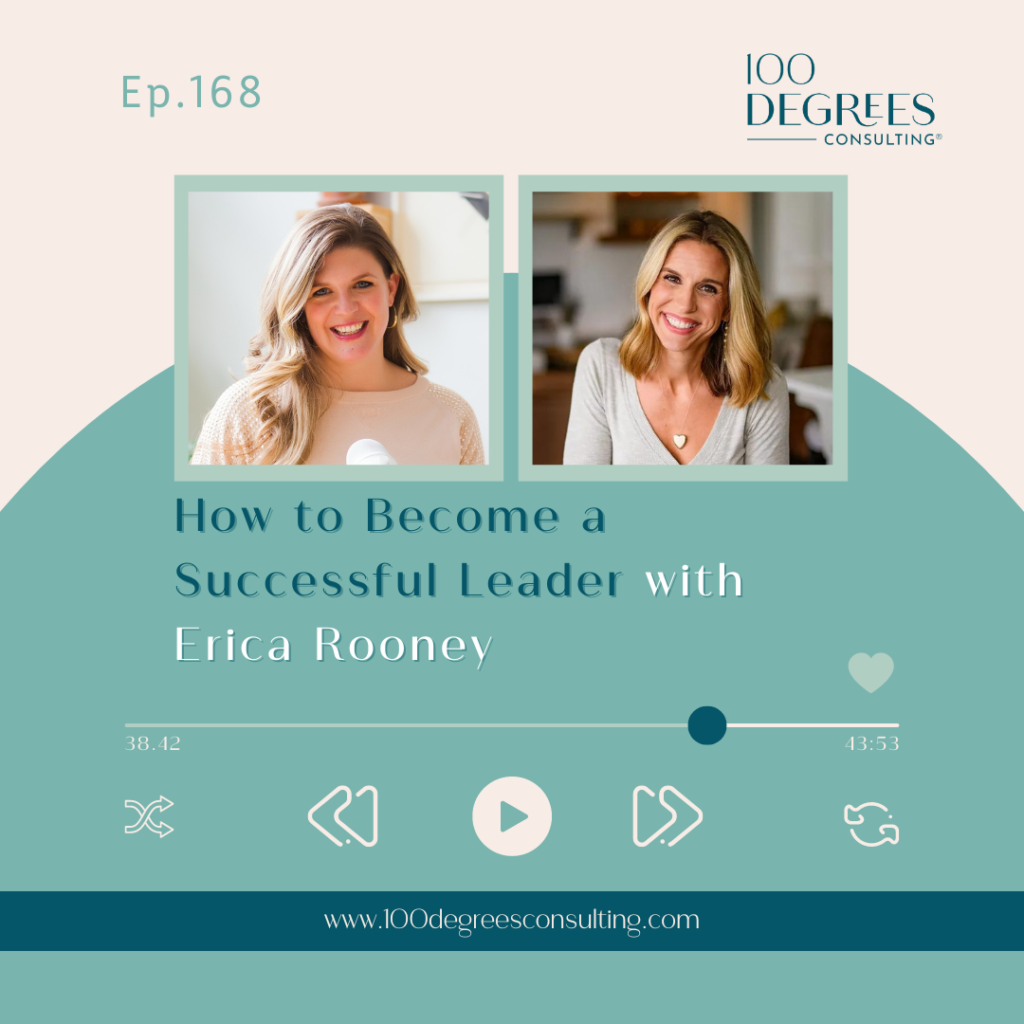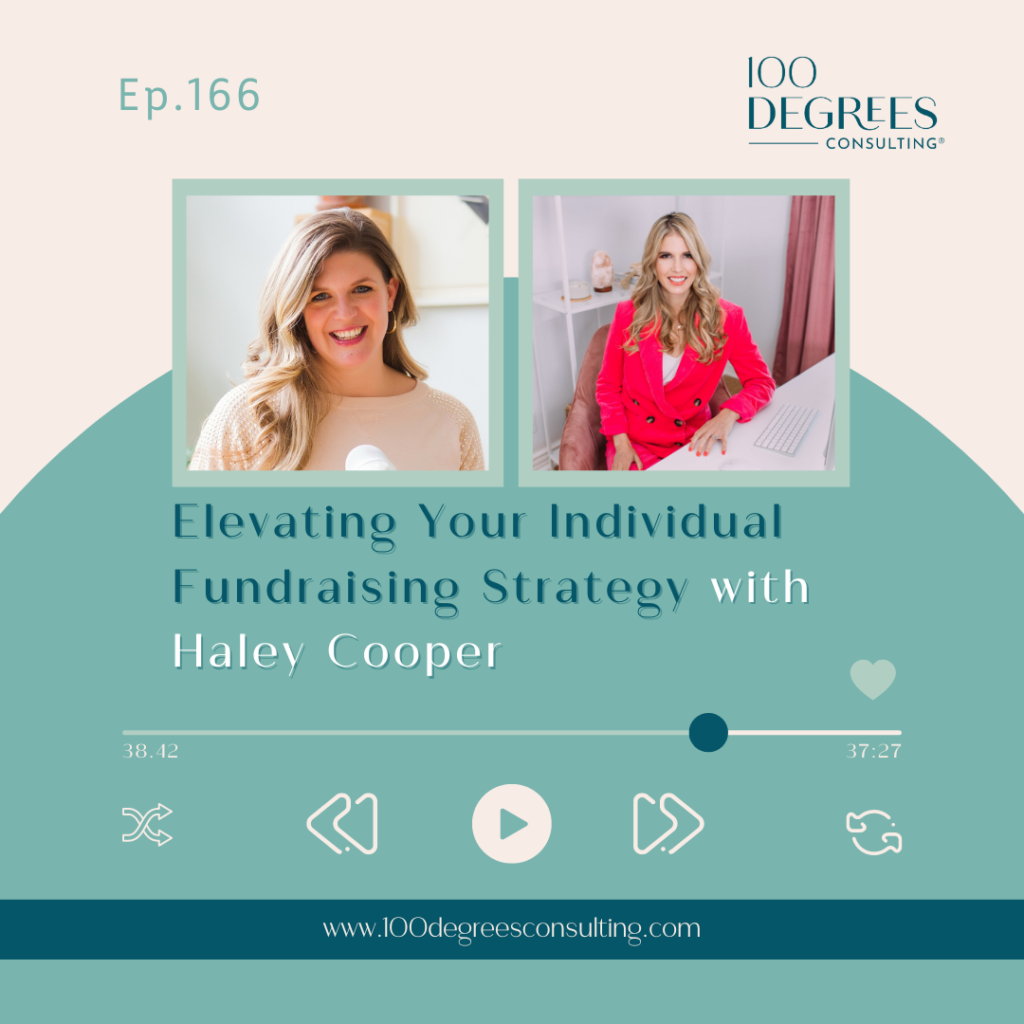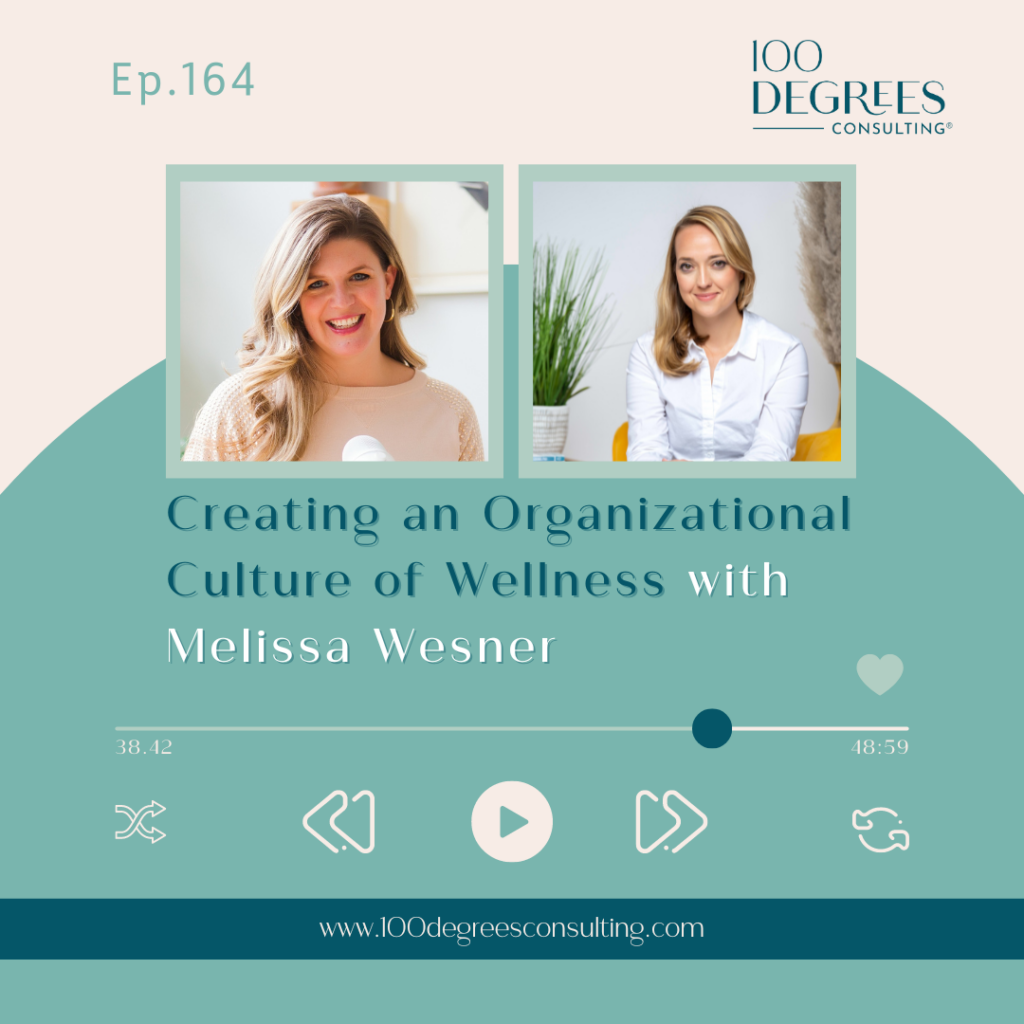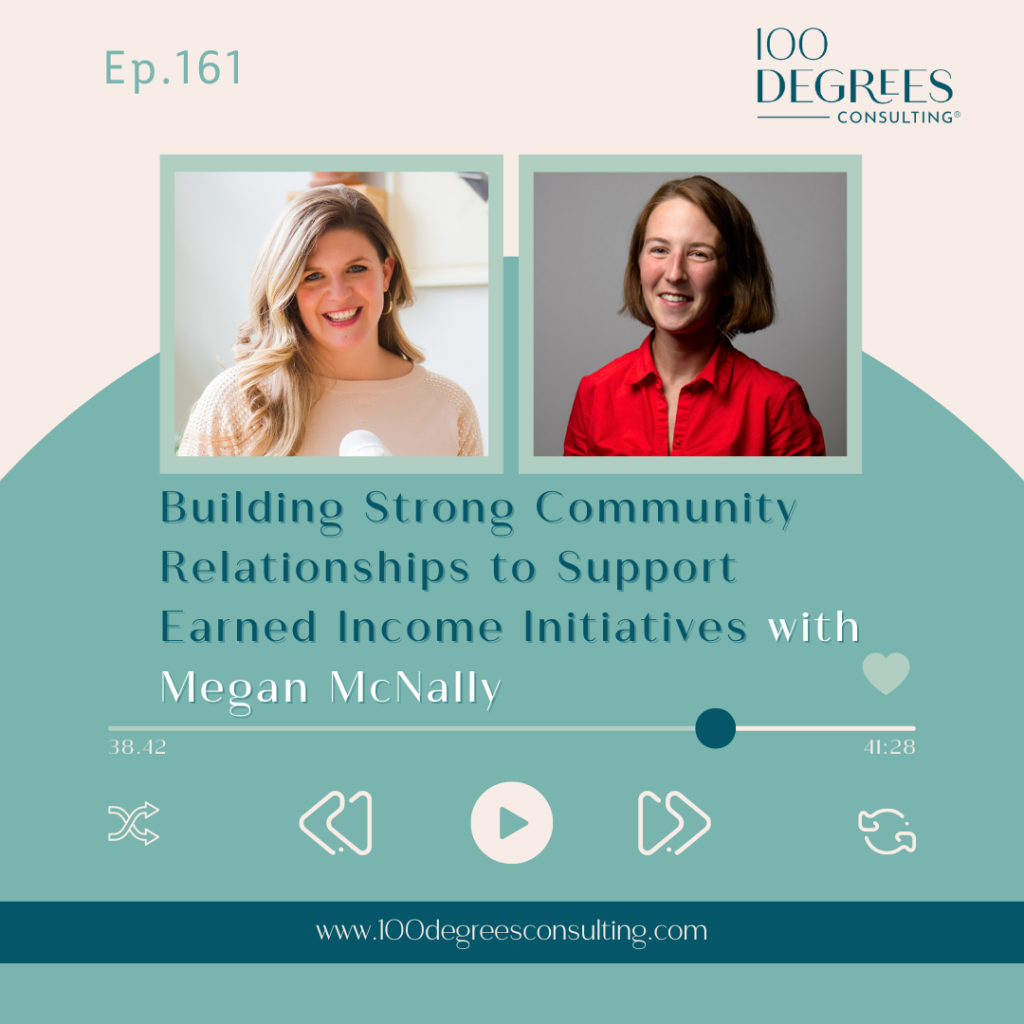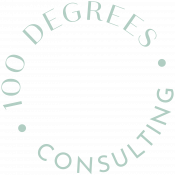Do you know who your “Dream Clients” are? I’m sure you do. What about your “Dream Collaborators”? As a consultant, I know who my dream clients are (ambitious entrepreneurs and growing nonprofits!), but it’s important for you to know if we’re a dream collaboration!

How can you know if we’re a good match? Think about these things before you hire any freelancer or contractor:
What does their track record look like?
Any consultant you are considering should not only be able to pitch well, but provide examples of work they have done on similar issues or with companies similar to yours in size.
(As an example, I’ve worked with for-profits and nonprofits ranging from $100k to $20M in size, and have dealt with financial and investment issues across the board.)
What is their cost structure?
Don’t look ONLY at who offers you the cheapest rate. Experienced consultants or freelancers may bill higher, but because they resolve your issue more quickly you’ll ultimately pay less. A consultant with less experience may bill at a lower rate, but may avoid providing an end date or try to draw the work out indefinitely which will cost you far more in the long run.
(I started working with nonprofits a decade ago, and although most of my clients work with me long-term, they always know what to expect from me and when.)
How do they communicate?
Effective consultants are expert communicators. They will really listen to your concerns and provide an unbiased observation about your issues and the various possible solutions. If your consultant doesn’t communicate well, it will impede your ability to integrate them into your team AND your ability to understand what it is that they are doing for you.
(My preferred methods of communication are occasional check-ins via phone or video call and email, which I almost always respond to within a day. A few clients even text me!)
Do they explore the challenges you are facing and establish Key Performance Indicators?
It is tempting to assume you know how to solve a problem once you know what the problem is. With that said, consultants you approach with your issue should try to find the best solution or solutions after reviewing the underlying causes of the problem. Together, once a solution or series of solutions are determined, you and the consultant should decide on the metric(s) of success.
(I cannot stress enough how important it is for everyone to be on the same page – it’s part of why communication is essential! It’s also necessary for consultants to be creative AND effective at resolving your problems.)
Are they transparent with you the way you are with them?
To get the most out of any consultant or freelancer relationship you need to be able to share the good and the bad of your situation. If you are struggling to understand your finances or your accounting team needs help, the consultant needs to know. That requires honesty on your part. In that same way, they need to be open and honest about their experience and capabilities before they begin any work for you. Trust is a two-way street.
(My clients must be willing to help me understand their business environment before I begin work for them. I start every engagement with a call to dig deep into your business so I know where to focus my work. We get so much more out of our time together if I understand any issues up front!)
So what do you think? Could we be a perfect, dream collaboration?
Set up a call on my calendar or check out my FAQs!
